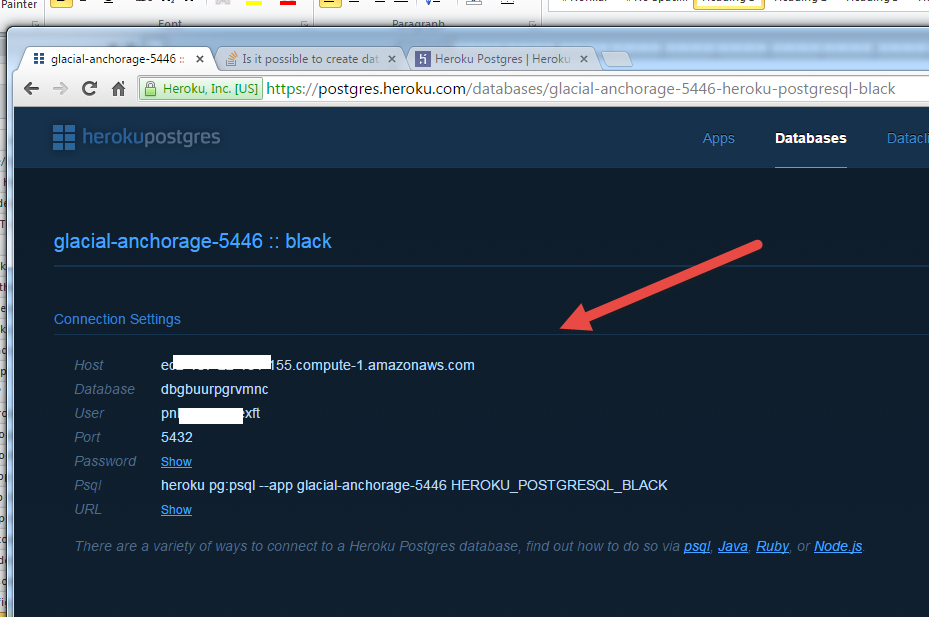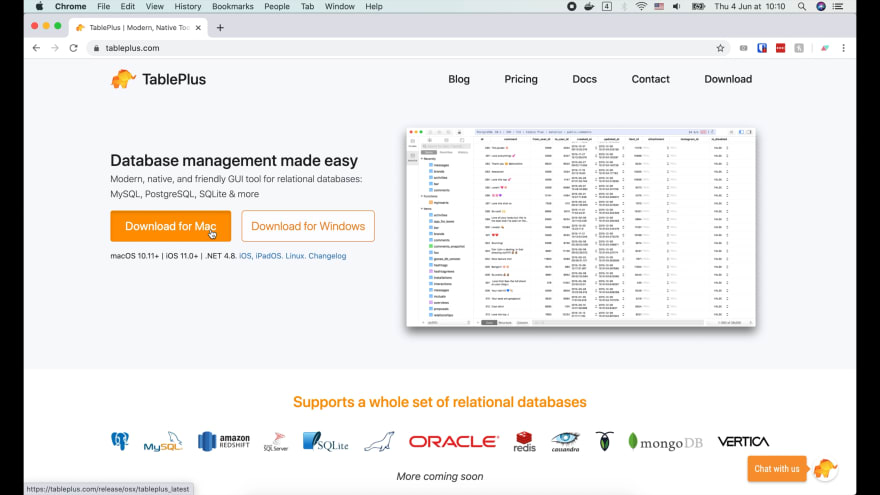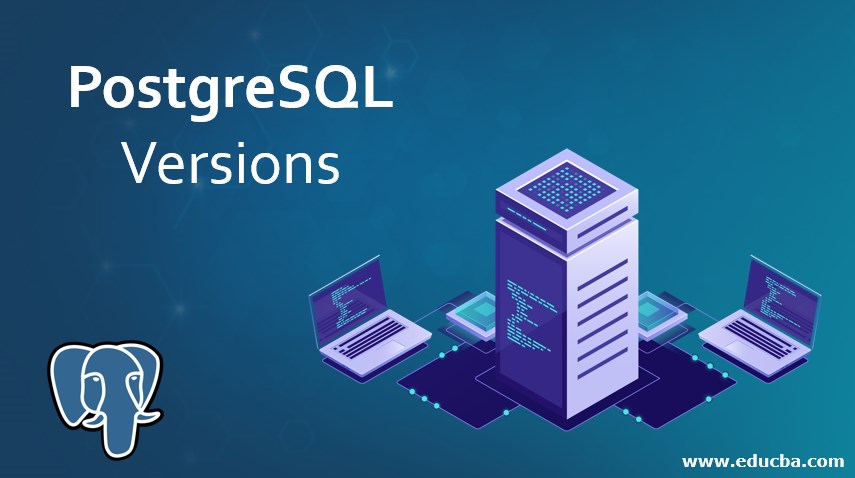

- Postgres app not showing databases how to#
- Postgres app not showing databases mac os#
- Postgres app not showing databases .exe#
- Postgres app not showing databases install#
- Postgres app not showing databases software#
Postgres app not showing databases install#
dmg file to install and copy the application into your Applications folder.

Postbird will automatically open, and from there you can enter in the username (postgres) and password (postgres) to connect to your locally running Postgres instance.This is just confirming that you want to run an.
Postgres app not showing databases .exe#
exe file, and disregard the Security prompt from Microsoft Defender SmartScreen by clicking on “More Info” and then “Run Anyway”.
Postgres app not showing databases how to#
We’ll walk you through how to install and use Postbird on different operating systems! Windows It is open-source, simple, easy to use, and a great option for beginner and advanced users! A strong runner up is PgAdmin, one of the most popular and feature-rich open source administration and development platforms for Postgres.
Postgres app not showing databases software#
Our preference for a cross-platform software to visually interact with Postgres is Postbird. There are many options our preferences are listed below! GUI While you can have only one instance of Postgres running per port (typically 5432), you can have multiple open connections to the same database with different interfaces. Now that Postgres is running locally, we can connect to it via a “client” – a graphical or command-line interface that enables us to connect to the Postgres server, write and execute SQL commands as input, and see the resulting output. Sudo pg_ctlcluster 12 main start Setting up Postgres (client) Once you open Postgres.app and initialize the server, you should see some initial databasesįollow the instructions for downloading Postgres for Linux we recommend using apt installation. The first time you open Postgres.app, you may need to confirm that the app is not malicious. Close the app, and the server shuts down.įollow the instructions on their homepage to get started. Open the app, and you have a PostgreSQL server ready and awaiting new connections. According to the Postgres website, Postgres.app is a native OS X app that runs in the menu bar without the need of an installer. We recommend Postgres.app as it’s the easiest way to get started.
Postgres app not showing databases mac os#
There are several ways to download and manage your Postgres installation on Mac OS X, as described on Postgres Download: macOS packages. You shouldn’t need to install anything else for now. If you are asked to enter a port, you can use the default of “5432”.Īfter completing the installation, you may be asked whether you would like to use Stack Builder to install additional software. Windowsįollow the instructions for the Interactive Installer by EDB as described on Postgres Download: Windows installers you’ll be prompted to enter in a password for the postgres user: for now, set the password as “postgres”.

These instructions will be different depending on your operating system. In the rest of this article, we’ll get a Postgres server and GUI client set up locally.

In order to run and use Postgres on your own computer, you will need to set up both a Postgres server and a client. Postgres itself is a database “server.” There are several ways to connect to Postgres via “clients,” including GUIs, CLIs, and programming languages often via ORMs. Postgres is currently used in production by many modern technology companies, be it small startups or large organizations such as Apple, Instagram, Twitch, and Reddit. Like other relational databases, you can model almost any data and its relationships using tables, keys, constraints, triggers, and more! Let’s go to the source to get a good definition of Postgres! According to the PostgreSQL website, Postgres is “a powerful, open-source object-relational database system with over 30 years of active development that has earned it a strong reputation for reliability, feature robustness, and performance.” We will describe what it does, its main uses, and then explain how to set it up and use it on your own computer. In this article, we will be exploring the extremely prevalent database engine called PostgreSQL (or Postgres, for short).


 0 kommentar(er)
0 kommentar(er)
